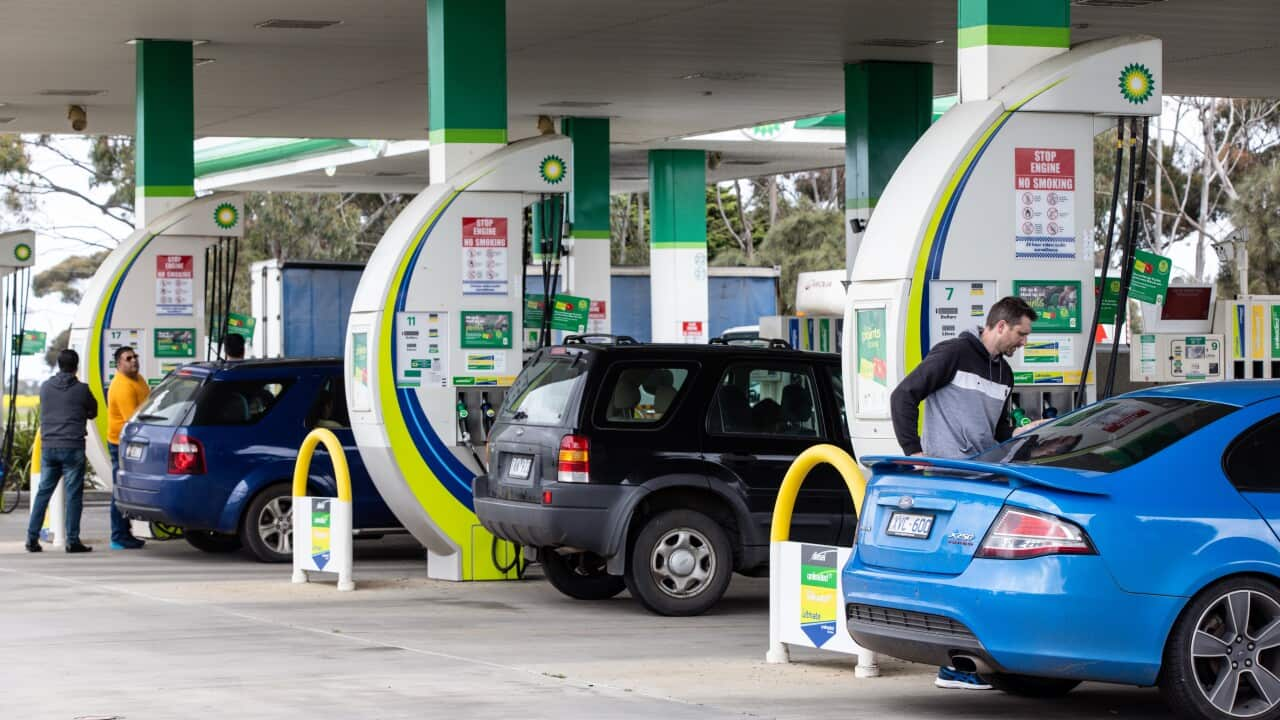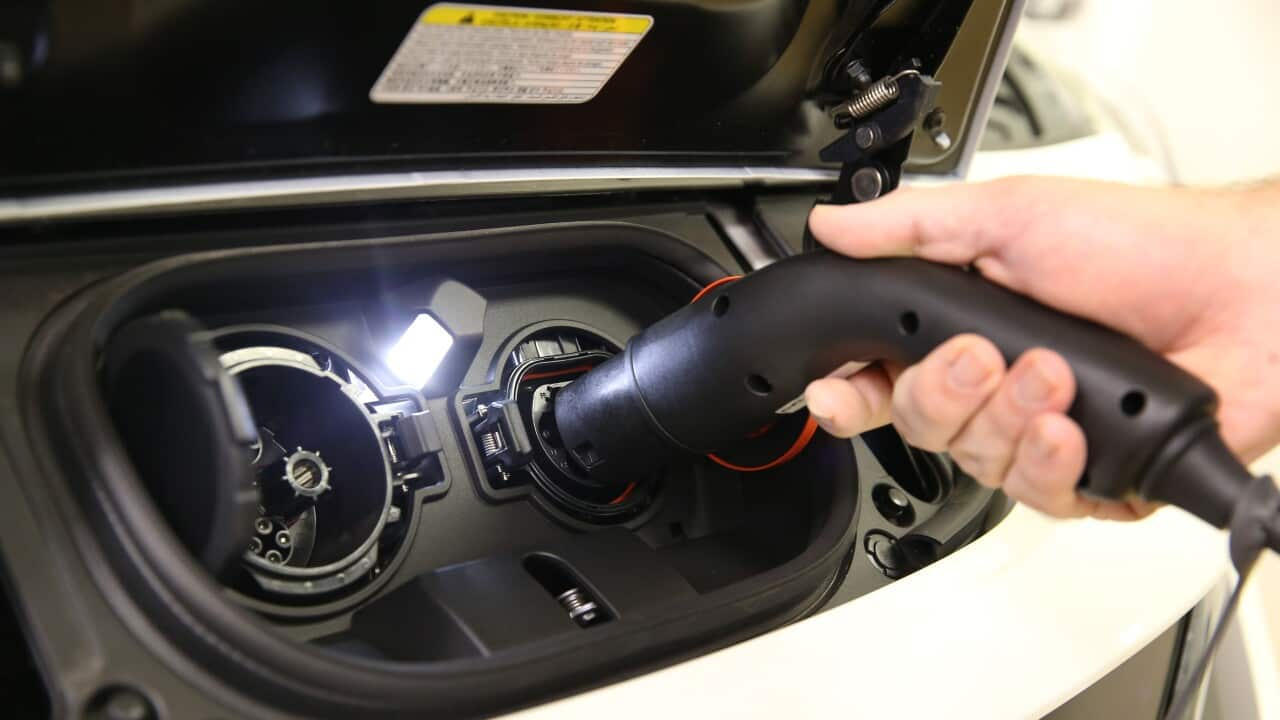Key Points
- New fuel standards would limit the amount of noxious emissions new vehicles sold in Australia could produce.
- In countries with similar rules, the tougher standards did not affect existing petrol and diesel vehicles.
- The Climate Council said more work was needed to help Australia move to zero-emission transport.
Australians will be asked if they want to ban sales of the highest polluting vehicles by 2025 in the latest transport proposal from the federal government.
The fuel quality standards consultation paper, released on Friday, will ask for feedback on transport rules like those currently used in Europe, the United States, United Kingdom, and Japan.
New fuel standards would limit the amount of noxious emissions new vehicles sold in Australia could produce and allow the latest generation of cars to be driven in the country.
The draft proposal received early praise from environmental groups on Friday, though the Climate Council said more work was needed to help Australia move to zero-emission transport.
Climate Change and Energy Minister Chris Bowen and Transport Minister Catherine King launched the 49-page consultation paper, with Ms King pointing to the proposal's potential health benefits.
"Implementing improved fuel quality and noxious emissions standards will result in improved air quality and better health outcomes," Ms King said.
"They will also ensure the cleanest vehicle technology works as intended."

New fuel standards would limit the amount of noxious emissions new vehicles sold in Australia could produce and allow the latest generation of cars to be driven in the country. Source: Getty / Xinhua News Agency/Xinhua News Agency via Getty Ima
In countries with similar rules, all new vehicles sold had to adhere to the fuel standards, though they did not affect existing petrol and diesel vehicles.
The paper also recommended limiting the amount of "aromatic" chemicals added to crude oil, which would allow new fuel-efficient vehicles to operate in Australia.
The Euro 6D fuel standard could deliver $4.9 billion in benefits to Australia by 2050 if introduced in 2025, according to research from the Bureau of Infrastructure and Transport Research Economics.
Similar fuel quality standards have already been adopted across 80 per cent of the global vehicle market, including the US, Japan, Korea, Europe, China and the UK.
Climate Council advocacy head Dr Jennifer Rayner said this proposal could make inroads into reducing dangerous pollution in Australia.
"It is a big step forward because the quality of the fuel that's used in Australian cars is much dirtier than that in other markets like Europe," she said.
"There's great benefit in cutting the amount of harmful pollution that's going into the air – the noxious emissions that really make people sick by contributing to things like asthma and other respiratory conditions."

Transport Minister Catherine King said improving fuel and emissions standards would "result in improved air quality and better health outcomes". Source: AAP / Mick Tsikas
That change would require new policies encouraging car makers to import greener vehicles, she said.
"The best thing we could do is actually put in place strong fuel efficiency standards alongside these quality standards because that will lower emissions," she said.
Submissions to the fuel quality standards consultation paper will be accepted until December 16.
The new paper comes weeks after submissions closed on the National Electric Vehicle Strategy paper, which attracted more than 500 submissions from more than 200 organisations and 1500 individuals.


